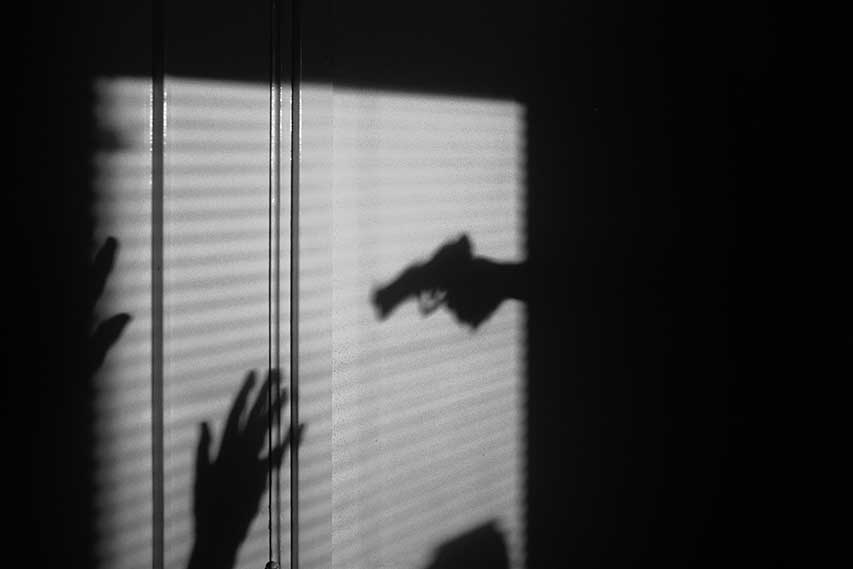Fourth Report of the Independent Reporting Commission is published
The Independent Reporting Commission (the IRC) has published its Fourth Report on progress towards ending paramilitary activity.
In the Fresh Start Agreement of 2015, from which the IRC’s mandate derives, the two Governments and the Northern Ireland Executive committed themselves to bringing paramilitarism to an end once and for all. The IRC’s mandate is to report on progress towards reaching that goal, on actions being taken and to make recommendations on what more should be done.
Commenting on the findings and recommendations in the Fourth Report, the Commissioners said: “Our Report provides an overview of the complex landscape of paramilitarism.
“Although we are encouraged by good work being undertaken, we remain concerned about the risks posed to society by the continuing existence of paramilitary structures which can be harnessed for the purposes of violence or the threat of violence.

“This has been a challenging year: Reaction to Brexit, including the Protocol on Ireland/Northern Ireland, which has led to new complexities, and increasing prominence of paramilitarism. Disorder on the streets in the Spring and Autumn have led to speculation about the potential for a resurgence of paramilitary activity.
“The goal of tackling paramilitarism must be assigned a high priority in any new Programme for Government for the Executive. Political leadership will be key.”
Emphasising the importance of a Twin Track approach the Commissioners said: “Fresh Start, and its resultant initiatives, all make clear that while policing and justice measures are essential in bringing paramilitarism to an end, they are not enough in themselves and need to be situated inside a wider, more holistic approach that includes tackling the deep and systemic socio economic issues facing communities, and in particular those communities where paramilitary control is strongest. This Twin Track approach is crucial to comprehensively tackling paramilitarism.
“In our Second and Third Reports we gave prominence to our view that to those two Tracks should be added a further dimension, namely that to end paramilitarism we also need an agreed formal process of Group Transition.
“The disbandment of paramilitary organisations has to involve voluntary action by the Groups and therefore their co-operation, and so we propose that a dedicated, formal process of engagement with an end goal of disbandment be taken forward.”
Highlighting the necessity for a Group Transition process the Commissioners note that “Just as a process of political engagement – ultimately leading to the Belfast/Good Friday Agreement – was needed to bring the Troubles to an end, a similar process is now necessary to definitively end paramilitarism.
“We outline our thinking on what steps could be involved in a Group Transition process in this Report, and urge further consideration of it by the two Governments, the Executive and civic society.
“We are acutely aware of the harm caused by paramilitary activity. Our report highlights good practice from the Executive Programme for Tackling Paramilitary Activity, Criminality and Organised Crime and the importance of the Whole of Government approach, but we also note that further action on specific measures is required. In that regard we summarise the progress to date and the gaps that still need to be addressed.
“In summary, our overall view continues to be that paramilitarism remains a clear and present danger. New structures have been put in place to tackle paramilitarism, and new approaches are underway but more needs to be done, across all relevant agencies and Departments, working alongside local communities.
“Furthermore, we remain of the view that in order to achieve the comprehensive ending of paramilitarism, a process of Group Transition is required and needs to be added to the Twin Track approach already being implemented.”
























